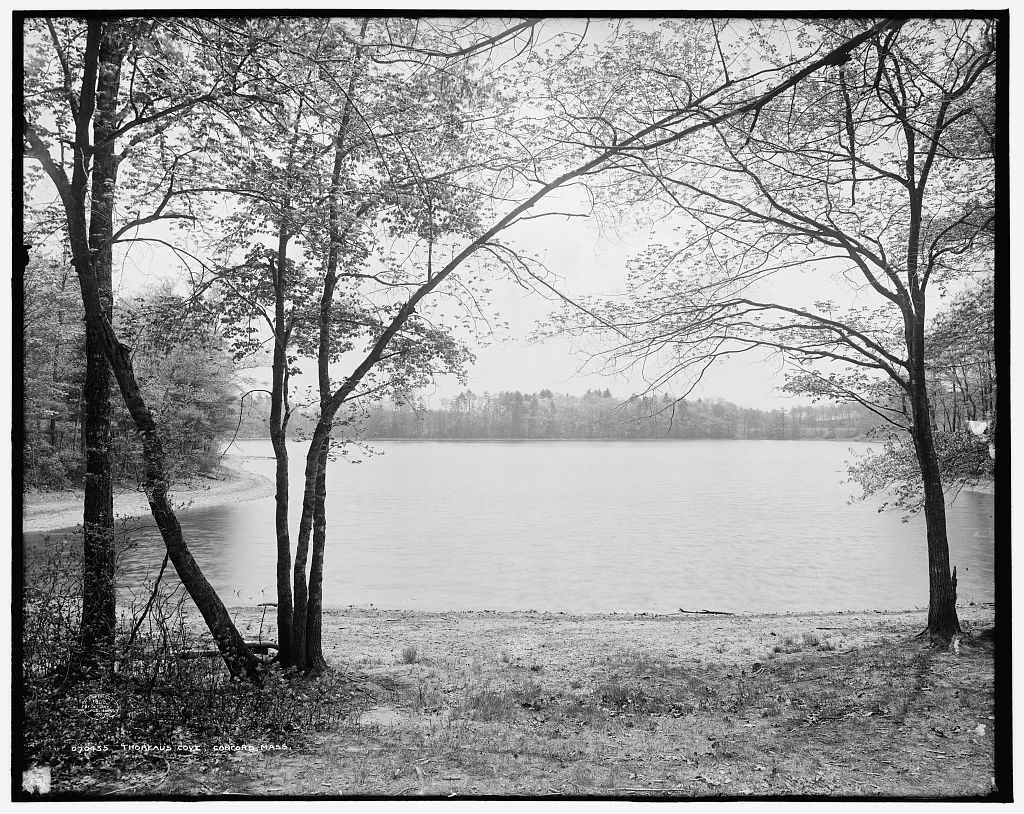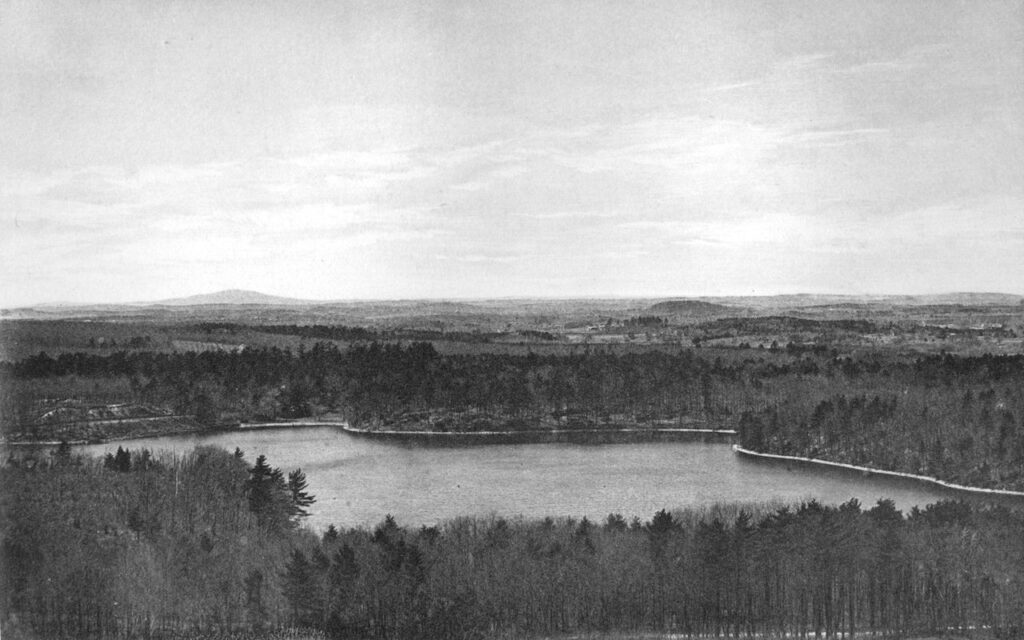Black Walden
Concord, Massachusetts holds a special place in natural history. It is home to the famous Walden Pond which provided much inspiration to the writings of Henry David Thoreau and the development of his Transcendental Conservation Ethic. However, the woods surrounding Walden Pond were home to many generations of formerly enslaved people, and their stories of self-determination and perseverance inspired Thoreau to ‘live deliberately’ along the shores of Walden Pond.

Thoreau was all but alone when he lived in Walden Woods. Concord, Massachusetts has a rich history of African American families living near Walden Woods pursuing their independence and contributing to the antislavery movement, abolitionist causes, and in fact influencing Henry David Thoreau’s view on nature and sustaining oneself from the land.
Not only was Thoreau inspired by the past occupants of Walden Woods like Zilpa White and Brister Freeman, but he was also greatly influenced by his contemporaries and his neighbours like Thomas and Jenny Dugan and John and Jack Garrison and residents of the Robbins House. Until recently little has been discussed about the influence the formerly enslaved inhabitants of Walden Woods had on Thoreau’s writings.

Cite this page › Chicago Style
Gallo, Travis. “Black Walden.” The Enslaved Naturalist. John Mitchell, Jr. Program for History, Justice, & Race: Digital Museum. November 1, 2021. [this-url]